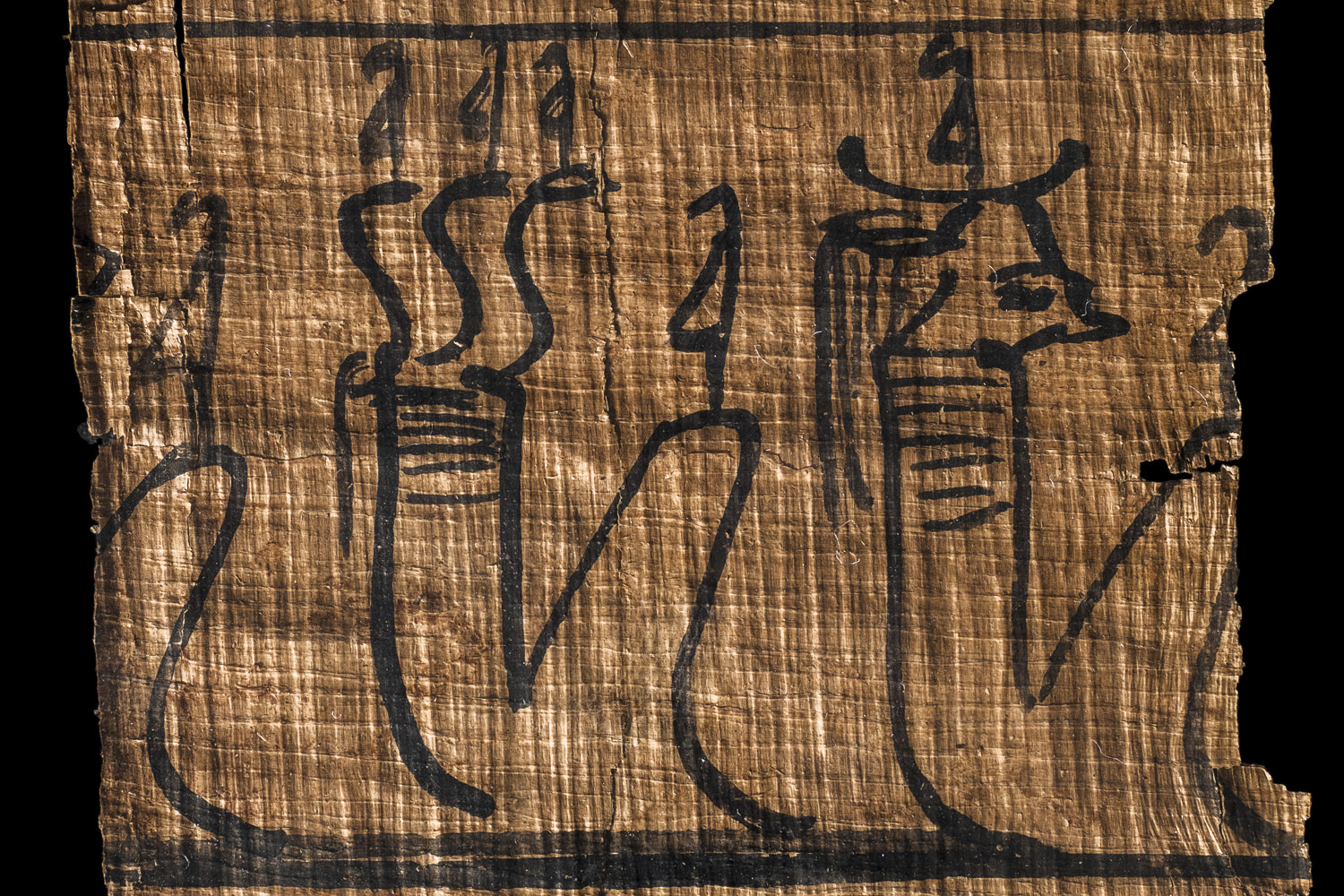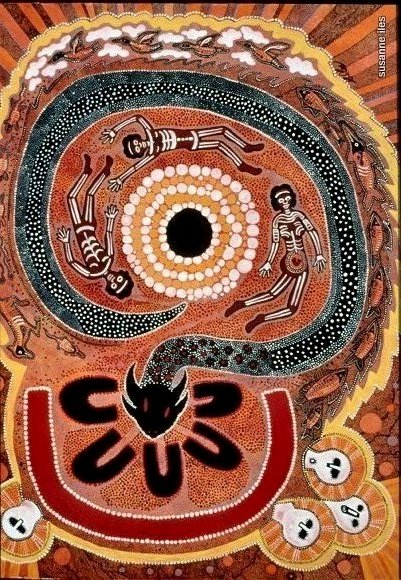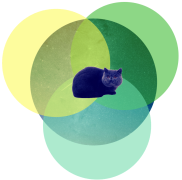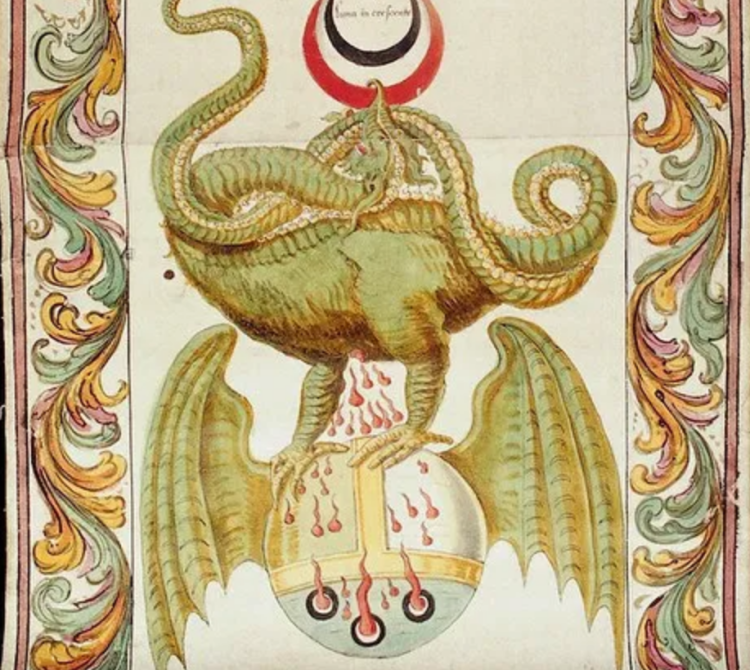Snakes, serpents, vipers, adders – they all convey ancient power of life over death, of emerging in ones full power to take back what belongs to them, of transformation and return. A potent ancestral spirit and augur from the Land of the Dead.
Adder
The Adder Vipera berus is the only venomous snake in Britain.
Valiant, ephipanic and terrifying, snakes flare up and out of the earth, or from under leaf litter, or the dark waters of rivers, out of the darkness of the psyche.

But never met this Fellow
Attended or alone
Without a tighter breathing
And zero at the bone.
~A Narrow Fellow in the Grass, Emily Dickinson
The snake is a form for countless deities including Zeus, Apollo, Persephone, Hades, Isis, Kali, Shiva.

The underworld realm of the dead that snakes mythically inhabit is also the fecund ground from which new life emerges, a place of healing, initiation and relevation.

Shakti
In the Tantric traditions of India, the feminine cosmic energy of Kundalini lies asleep in the coiled serpent at the base of the spine. Awakened through yogic meditation, the serpent Shakti rises through the subtle body, the two nerve currents at each side of the spinal cord, opens up the chakras to unite the crown chakra with the goddess Shiva in ecstacy and transcendence.
~ The book of symbols, reflections on archetypal images pp. 196

Snake goddess in a half-reptilian form, Halebidu Temple, Karnataka, India 
Adder
The Oxford English Dictionary records that ‘adder’ arose as a contraction/re-allocation of the ‘n’: ‘naeddr became ‘an adder’.
Welsh: Niedr
Old Irish: Nathir
West Saxon: Næddre
Mercian: Nedre
Northumbrian: Nedra
Proto-Germanic: Naethro
German: Natter
PIE root: Nētr
Latin: Natrix
Adder is also closely related to the ancient word Augury, which I have written about here.

They seem to inhabit this dozy, dreamy world and represent the unspent potential of humans. At least this is how the ancients saw them.
Asclepius
Asclepius was a divine healer of ancient Greece. The serpent represented the demon or ‘genius’ of the physician, entwined around his staff. A patient came to Asclepius for incubation in a dreamy and serene state where curative potentialities could be reached in the form of a dream. The snake here becomes a hidden force, dark and cold but at the same time, warm and radiant that stirs beneath the surface of the waking world, and accomplishes the miracle of a cure.
~ The book of symbols, reflections on archetypal images pp. 196
“The mother of eternity, a life established for eternity“

The rainbow serpent
A powerful creator god for many indigenous tribes all over Australia, she embodies the divine life-giving force of water and a destructive malevolent force when angered.

Read more
Book Review: The Book of Symbols by the Archive for Research in Archetypal Symbolism (ARAS)





Reblogged this on Ned Hamson's Second Line View of the News.
LikeLiked by 1 person
Thank you dear friend for sharing this. I hope you are having a nice weekend 😊
LikeLike
The Serpent Mound in Ohio, USA – https://scienceviews.com/indian/the_serpent_mound_of_ohio.html
LikeLiked by 1 person
I loved this story so much Ned! It deserves a post on here in its own right, it’s fascinating. Thank you for sharing
LikeLike